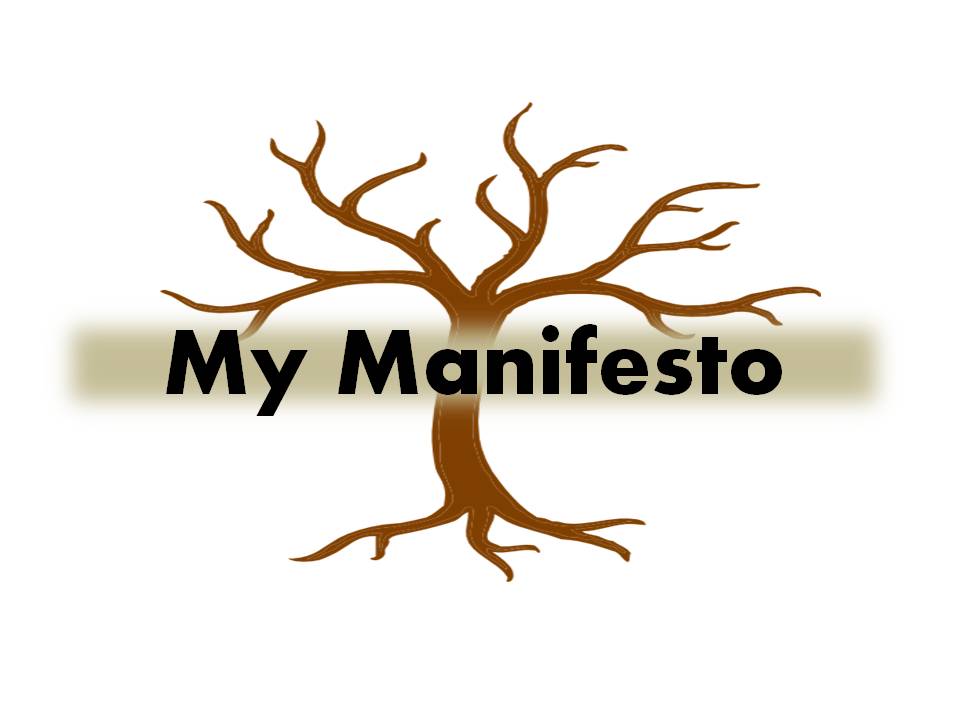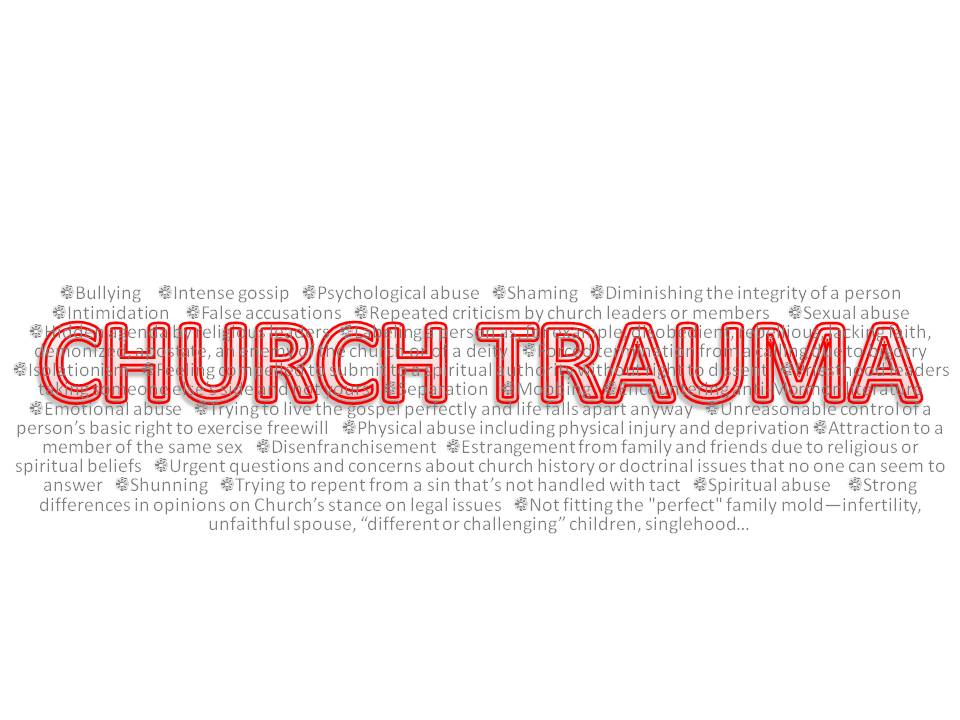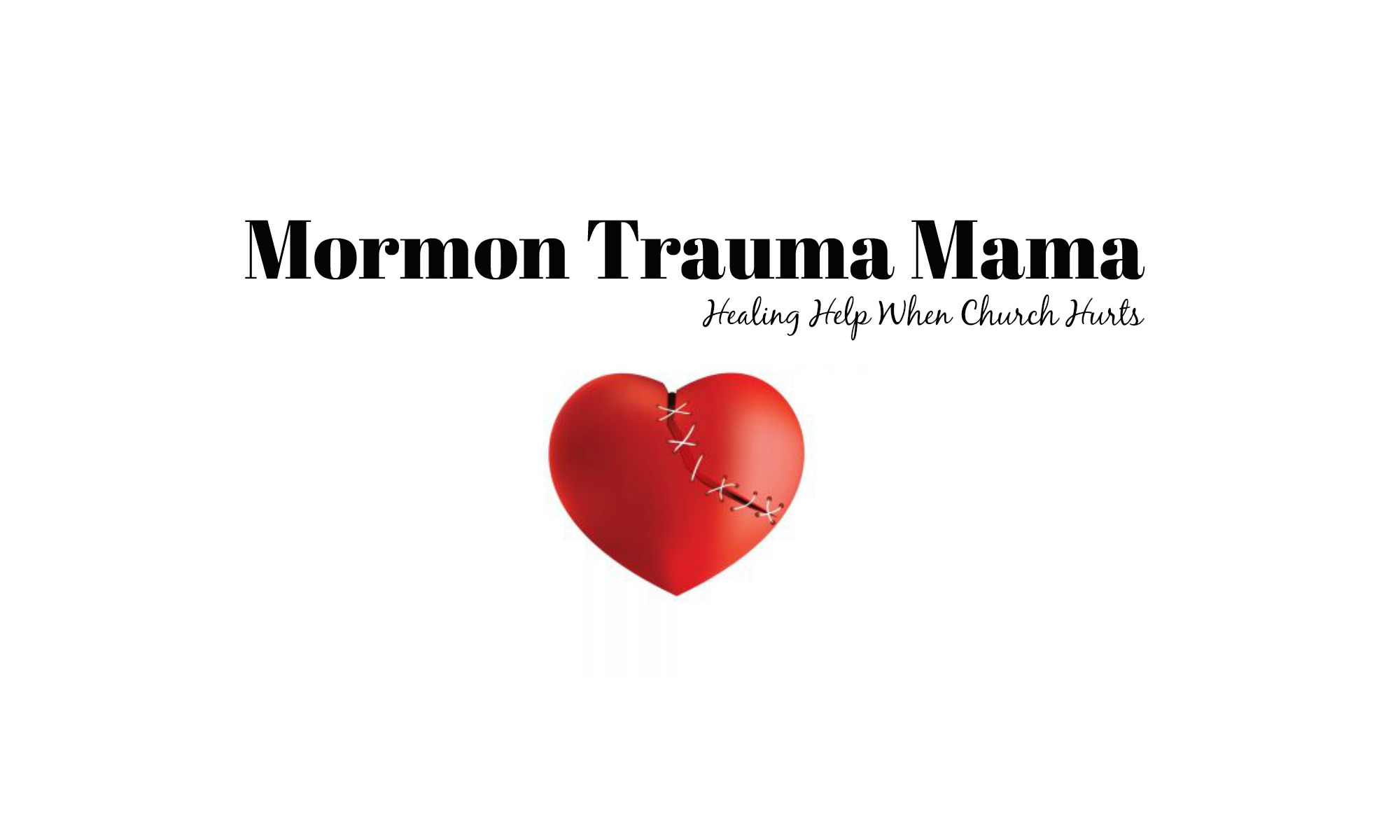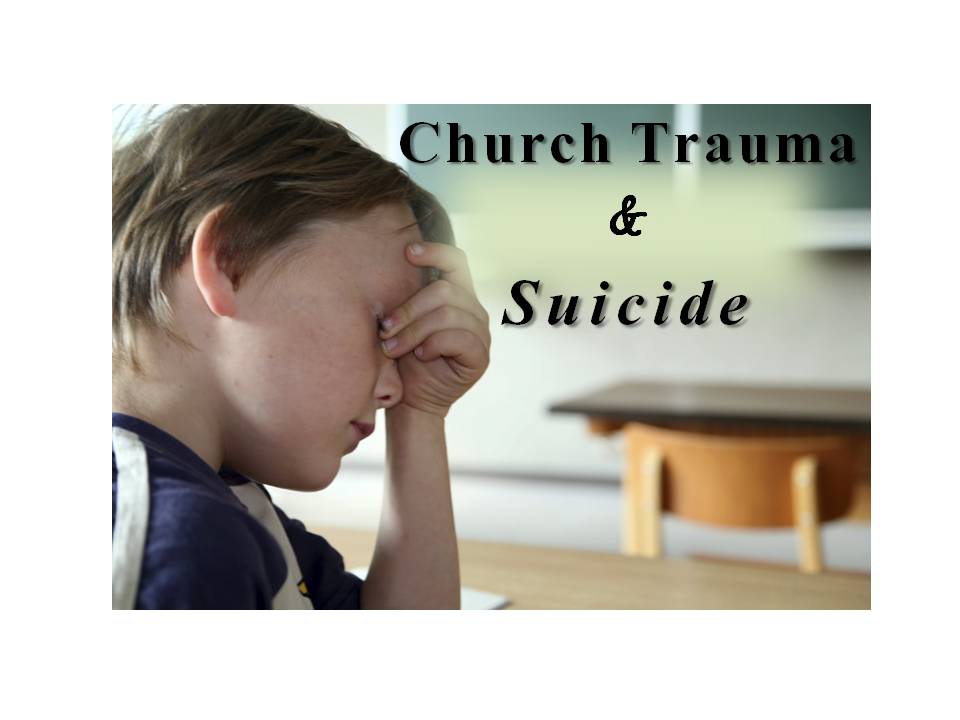-
Followers are Leaders!
By Dr. John Krupa For too many of us, the word follower means take directions from those with formal authority and obey. We assume they are knowledgeable, moral, and have the power to reward or punish. This is a great recipe for instilling fear and codependency. Followers in religious and other organizations have some ideas regarding what constitutes ‘good leaders’ and ‘bad leaders’. Academic and commercial research is abundant in regards to leadership behaviors, styles, accomplishments, decision processes, organizational goals, and factors that influence decisions. One of the newer streams of research in organizational studies is ‘followership’. Let’s look at a basic model that suggests a shift in how we…
-
Loving God’s Family
By Danna Hartline A pig and a chicken were walking down the street one day when they passed a billboard advertising “America needs a good breakfast.” The picture showed two over-easy eggs and several beautiful strips of bacon. The chicken said, “Doesn’t that make you proud to see that we contribute daily to better America?” The pig thought for a moment then said, “That’s easy for you to say. For you it’s just a contribution, but for me it requires my life—a total commitment.” And so it was with the life and ministry of our Savior, Jesus Christ. His mission was not just to contribute to the world, but to…
-
Asperger’s-Related Trauma in the LDS Church
By contributor Tom Irvine Introduction LDS members with Asperger’s, or high functioning autism, may face difficult challenges particularly with respect to neurotypical, authoritarian priesthood leaders. In some cases, these challenges may be deeply traumatic for the Aspie. People with Down syndrome are easy to recognize from their neck and facial characteristics. Their behavior then confirms this. Autistic people are less recognizable by their appearance, but their condition is manifested by their behavior. Almost all church leaders will make allowances for Down syndrome people. Some leaders may misunderstand autistic people, but most make allowances for them, as well. On the other hand, Aspies may appear and act normally most of the…
-
When Trauma Comes from Father Figures or Forced Termination
In my ADAM Conference presentation, I referred to an article on PTSD. Here is the excerpt from that article, which was actually my own writing. The full article is attached below. When Trauma Is Inflicted by Father Figures. When trauma is intentional, it is a blow to the whole psychological system. Victims of unintentional trauma (natural disaster) show a much greater likelihood of experiencing a decrease in symptoms over time whereas those who are victims of intentional trauma (something inflicted on purpose) tend to show an increase in symptoms over time (Brew, 2017). One of those great trauma-imposers seems to be when it comes from authoritarian figureheads. Perhaps the hardship…
- Abuser Loyalty, ADAM Conference, Danna Hartline's articles, Dissociation, Effects of Trauma on the Family, Mormon Culture, Post Traumatic Church Syndrome, Trauma vs. Offense
ADAM Conference Presentation
Not a perfect performance or video footage but it is what it is. 🙂 Share and Follow:
-
Mormonism Can Be Good; Mormonism Can Be Bad
Travis and Devin are both active in the LDS Church. They both perform their church duties, pay their tithing, read their scriptures, and pray daily. However, their motivations for doing so are totally different. Travis’s reasons for church attendance and personal commitments are due to intrinsic motivations—because of deep devotion to God; while Devin’s purposes are extrinsic motivations—because of the need to appear “good” and for social status. It sounds pretty simple to say that Travis is on a higher plain than Devin and that Travis will fare better than Devin in the long run. We often hear this. (“I don’t go for others; I go to strengthen my relationship…
-
The Effects of Trauma on the Family
I want to talk about how trauma affects families. I think we often do not consider the devastating effects of trauma beyond the individual. To get our minds focused, I want to share a few responses as to why people stopped attending church from my Church Trauma surveys. I want you to pay attention and consider how the whole family was likely affected by these traumatic experiences: [I quit attending church because] I had trauma due to my husband’s addiction. [I quit going to church because] I am going through a divorce. It is not my fault but being a man, I was blamed for it. [I quit attending church…
-
Successful Navigation Might Require Us to Break the Rules Sometimes
I read a book once about how to drive through life successfully. It had a lot of great points but I thought it was too simple-minded and rigid. Sometimes we are presented with situations that require hard, less popular answers and solutions. I want to address four principles that can help us get past these complex forks in the road so that we can continue successfully and faithfully navigating on the road of life: 1. Sometimes We Have to Go Out of the Lines Often we get the idea that while navigating through life, we must always stay in the lines. On the surface, this seems like a very good idea and crucial to good navigation. I agree actually. I think mostly…
-
Inspired Mistakes?
I recall a time several years ago when I was seeking to “hold on” in church activity due to some pretty intense leadership mistreatments that had occurred. I seemed stuck with no options to address it or heal from it. As I was so struggling with the complexity of the situation, my mind caught hold of a foreign thought: Perhaps sometimes mistakes are inspired. As I pondered on this strange thought, I began awing over what a blessing one particular “church mistake” had become in my life. I wondered: Could it have been an inspired mistake? Our initial response to such a question is probably, “No!” In fact, my last post…
- Courage to Speak Up, Danna Hartline's articles, Dissonance, Examples of Courage, Mental Illness, Mormon Culture
Are Happiness and Dissonance in Opposition?
Recently, I saw a meme on Facebook that said in essence, “The longer I live, the more I want to stay away from drama, conflict, or stress and just live a happy life, surrounded by friends, eating good food in my cozy house.” Doesn’t that sound appealing and even right? It received lots of likes and affirmative comments. But I couldn’t help but ask myself, “What about those who do not feel that kind of life is available to them? What about those who feel thrown into a life that is filled with conflict and drama, a life they didn’t ‘ask for?’ What about facing wrongs that need a voice?” …

















